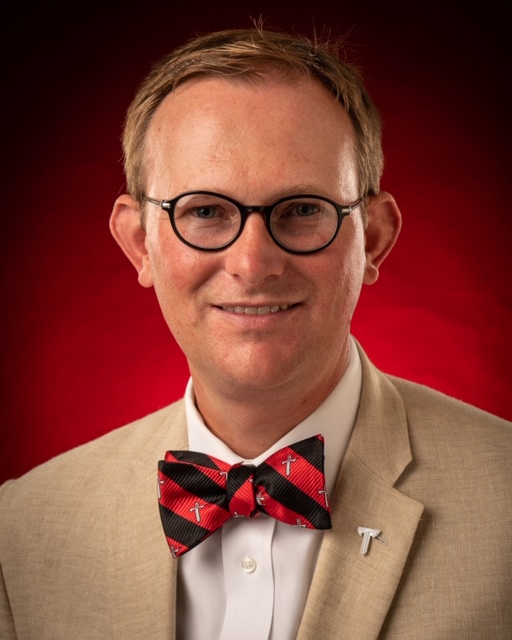
This piece originally appeared here in the Troy Messenger.
The storied 1960 World Series came down to a winner-take-all game between the National League’s Pittsburgh Pirates and the American League’s New York Yankees. Bill Mazeroski made history with a ninth-inning homerun, propelling the Pirates to victory. Never before had a team won Game 7 of the World Series with a dinger.
Asked how the Yankees lost, the aphoristic Yogi Berra quipped, “We made too many wrong mistakes.”
Which raises a question: Can there be a right mistake?
I host a television program called “Success Stories” with the tagline “highlighting the lives and careers of people who have accomplished great things.” You’d think my guests were all exemplars of accomplishment and perfection. In fact, their histories are full of mistakes. What sets them apart is their resilience and resolve. They consider blunders necessary for improvement. They “bounce back” after failure.
Tenacious golfers who practice on the driving range understand that bad shots are as instructive as good ones. Proficient pianists know that errors, such as missed notes or keys, present opportunities to hone technique. Kids fall when you remove their training wheels, but eventually they learn to ride their bikes.
Some victories involve defeat. George Washington’s forces lost several battles before the Americans prevailed over the British in the Revolutionary War.
Errors can yield serendipitous gains for all society. Charles Goodyear mixed rubber and sulfur and accidentally dropped them onto a hot stove. The result? Vulcanized rubber.
Sir Alexander Fleming, the Scottish microbiologist, noticed mold growing on Petri dishes in his laboratory when he returned from vacation. Rather than discarding them, he experimented. Studying how mold killed bacteria led him to discover penicillin.
Withstanding numerous setbacks, Thomas Edison invented the light bulb. “I have not failed,” he said. “I’ve just found 10,000 ways that won’t work.”
Apple ousted Steve Jobs in 1985. We all know what happened after he returned to the company over a decade later.
Henry Ford, Colonel Sanders, Oprah Winfrey, J.K. Rowling, Nick Saban—these figures overcame failures and disappointments to achieve great success.
Mistakes catalyze innovation, adaptation, and correction. The scientific method and theories of entrepreneurship hold in common the conviction that missteps and unexpected outcomes contribute to aggregate human progress.
Back to Yogi for this week’s “Word to the Wise.” His tip: “90% of the game is half mental.” If you view mistakes as potential gains, you’ll be less afraid to flunk.
Don’t let failure keep you down. It could one day lift you up.
Note: This piece is adapted from Allen Mendenhall’s regular segment “Word to the Wise” on Troy Public Radio.
